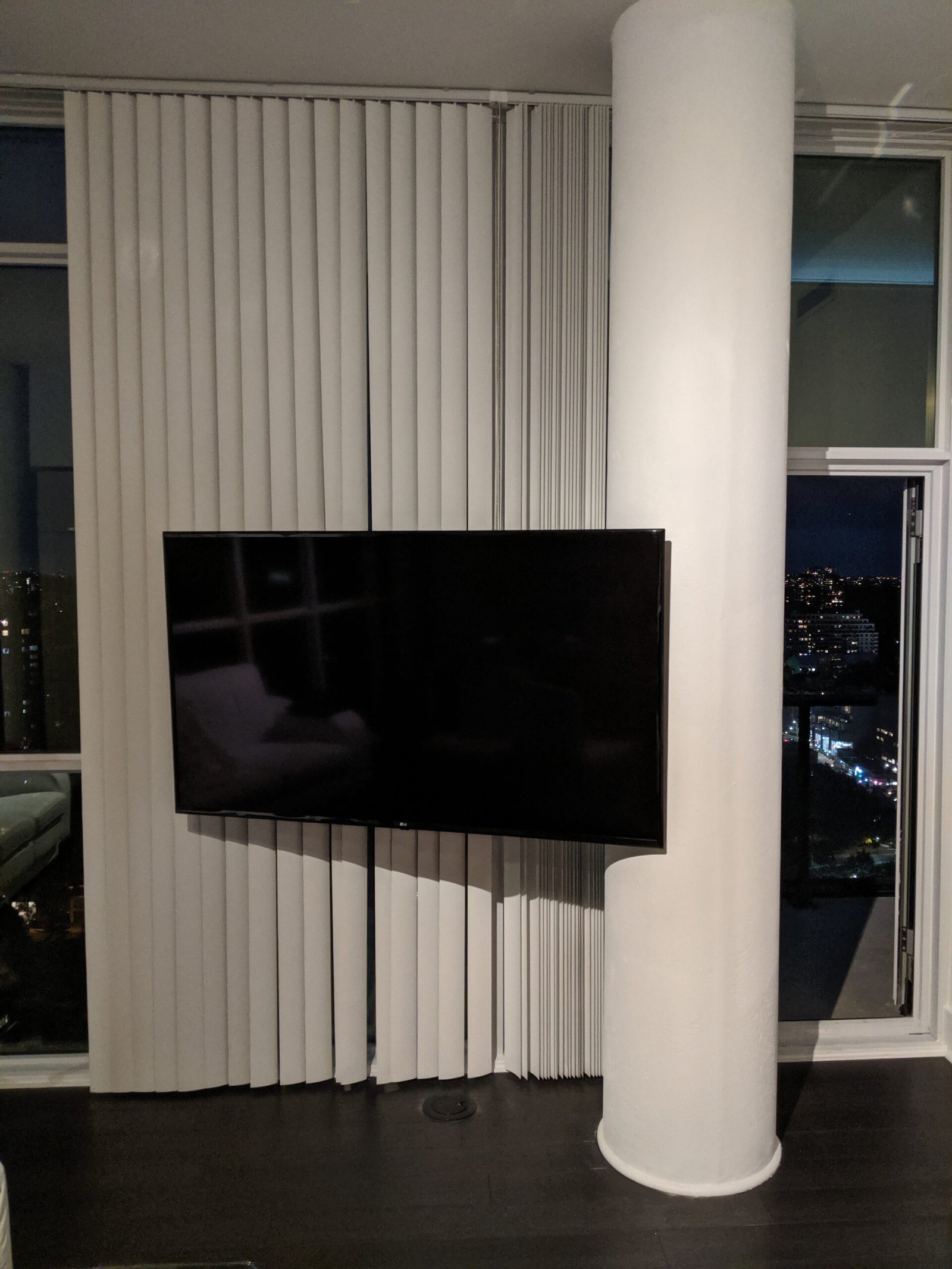Obsessive-Compulsive Disorder (OCD) is one of the most misunderstood mental health conditions. Many people suffering from OCD ask a common question: Is OCD 100% curable? The answer is not simple because OCD affects individuals differently, and treatment outcomes depend on various factors such as severity, duration, and response to therapies.
At HOA, we often meet patients struggling with repetitive thoughts, compulsive behaviors, and overwhelming anxiety. While OCD can be extremely challenging, the good news is that effective treatments are available, especially with the guidance of the best psychiatrist in South Delhi. With proper medical care, therapy, and lifestyle modifications, patients can achieve long-term relief and lead a fulfilling life.
Understanding OCD
OCD is a mental health condition where a person experiences obsessions (unwanted, repetitive thoughts) and compulsions (repetitive behaviors or rituals performed to reduce anxiety). These symptoms interfere with daily life, work, relationships, and overall well-being.
Common Obsessions:
- Fear of contamination (e.g., germs, dirt)
- Intrusive violent or sexual thoughts
- Excessive doubts about safety or responsibility
- Need for symmetry or order
Common Compulsions:
- Excessive cleaning or handwashing
- Repeatedly checking locks or appliances
- Counting or repeating certain actions
- Arranging items in a particular order
Is OCD Curable or Treatable?
When people ask, “Is OCD 100% curable?” it is important to clarify the difference between cure and treatment.
- Cure means the disorder goes away completely and never returns.
- Treatment means managing the disorder effectively, reducing symptoms, and regaining control over life.
Currently, OCD is considered a chronic condition, which means it may not be 100% curable in every case. However, with proper treatment, many patients experience significant improvement, sometimes to the point where symptoms are minimal or almost unnoticeable.
Effective OCD Treatment in South Delhi
If you are searching for OCD treatment in South Delhi, you will find that psychiatrists often use a combination of therapy and medication. At HOA, treatment is personalized based on the severity of symptoms and patient needs.
1. Medication
Psychiatrists may prescribe SSRIs (Selective Serotonin Reuptake Inhibitors) or other antidepressants, which are highly effective in controlling obsessive thoughts and reducing anxiety.
2. Cognitive Behavioral Therapy (CBT)
CBT, especially a technique called Exposure and Response Prevention (ERP), is the gold standard in OCD treatment. Patients are gradually exposed to their fears and taught healthier ways to respond without performing compulsions.
3. Supportive Psychotherapy
Counseling helps patients cope with stress, understand their condition better, and develop strategies for long-term recovery.
4. Lifestyle Management
Regular exercise, mindfulness, adequate sleep, and stress management play a big role in controlling OCD symptoms.
The Role of the Best Psychiatrist in South Delhi
OCD can be overwhelming, but finding the best psychiatrist in South Delhi ensures that you receive the right treatment plan tailored to your needs. An experienced psychiatrist doesn’t just prescribe medication but also provides therapy support, tracks progress, and helps prevent relapses.
At HOA, our team of specialists takes a holistic approach—combining medical treatment with psychological support and lifestyle changes—to help patients regain control of their lives.
Can OCD Come Back After Treatment?
Yes, OCD symptoms can sometimes return, especially during stressful life events. However, this doesn’t mean treatment failed. Just like diabetes or high blood pressure, OCD can be managed effectively with consistent care. Many patients maintain long-term remission with proper follow-up and regular therapy.
Myths About OCD Being Curable
There are many misconceptions about OCD. Let’s clear a few:
- Myth 1: OCD is just a habit.
Reality: It is a recognized mental health disorder caused by chemical and neurological factors. - Myth 2: OCD goes away on its own.
Reality: Without treatment, symptoms usually worsen over time. - Myth 3: Medication alone cures OCD.
Reality: A combination of medication, therapy, and lifestyle changes works best. - Myth 4: OCD is rare.
Reality: Millions of people worldwide suffer from OCD, across all age groups.
What Success Looks Like in OCD Treatment
Success doesn’t always mean 100% cure. Instead, it means:
- Fewer intrusive thoughts
- Reduced anxiety levels
- Less time spent on compulsions
- Better focus on work and relationships
- Improved confidence and quality of life
With structured care, many patients can live almost symptom-free for years.
When Should You Seek OCD Treatment?
If you notice that obsessive thoughts or compulsive behaviors are interfering with your daily life, it is time to seek professional help. Signs include:
- Spending hours every day on rituals
- Constant anxiety and restlessness
- Difficulty concentrating at work or studies
- Strain in relationships due to compulsions
Early diagnosis improves treatment success significantly.
The Future of OCD Treatment
While OCD may not be labeled as 100% curable today, ongoing research is making significant progress. New treatments such as deep brain stimulation, advanced psychotherapy methods, and genetic studies are offering hope for more effective solutions in the future.
Conclusion
So, is OCD 100% curable? The honest answer is that OCD is usually a long-term condition, but with proper care, it is highly treatable. Most patients can achieve a stage where symptoms are well-controlled and no longer disrupt their lives.
If you or a loved one is struggling, consult the best psychiatrist in South Delhi at HOA for personalized OCD treatment in South Delhi. With expert guidance, therapy, and support, living a balanced and fulfilling life despite OCD is absolutely possible.Top of Form





